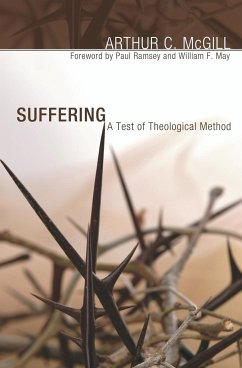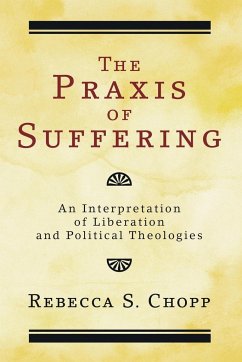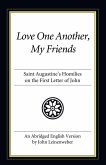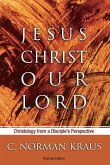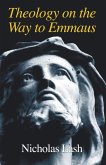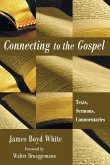How can an omnipotent God allow suffering and violence to pervade the world? The author approaches this disturbing question by examining the concept of power. At opposing ends of a spectrum lie two powers--demonic power that is violent, destructive, and dominative, and the power of God that is creative, totally open, self-giving, and expansive. Through consideration of power, McGill provides reflections on the nature of God's inner life in the Trinity and concludes that ""service"" characterizes God's relationship to the world, not ""domination."" Combining the scholarship and clarity that characterizes the greatest theological writing of our time, Suffering addresses the need for renewed faith in the almighty powerfulness of God's self-communication and self-giving until the time ""when the pretenses of demonic power are swept away."" Arthur C. McGill was the Bussey Professor of Theology at Harvard Divinity School. A distinguished philosopher and theologian, he also taught at Amherst College, Wesleyan University, and Princeton University.
Bitte wählen Sie Ihr Anliegen aus.
Rechnungen
Retourenschein anfordern
Bestellstatus
Storno

